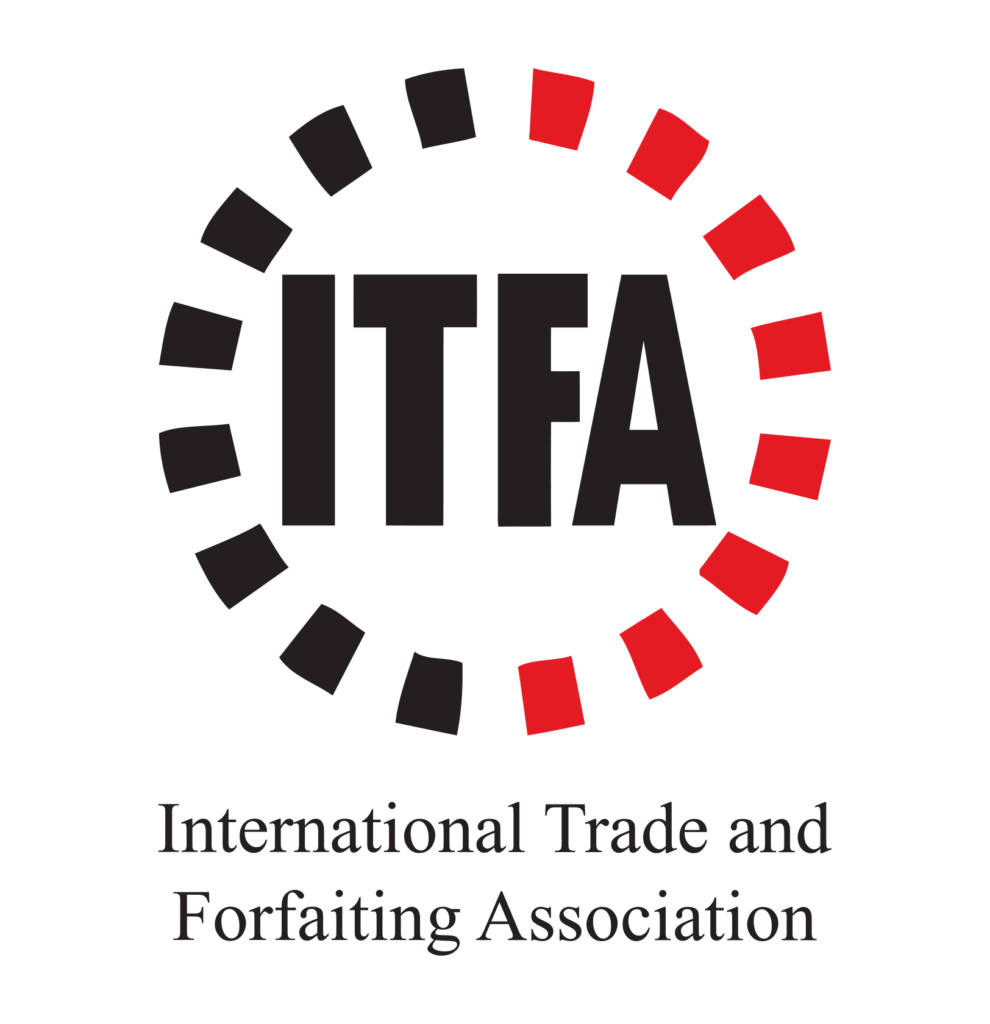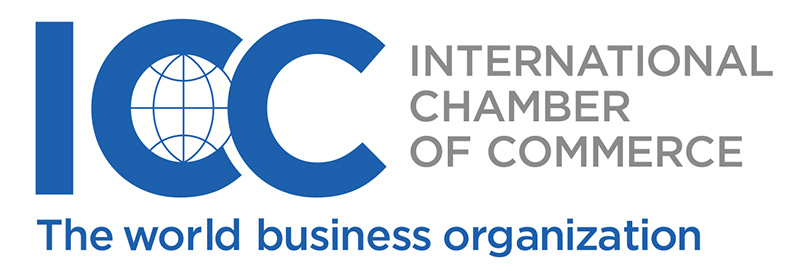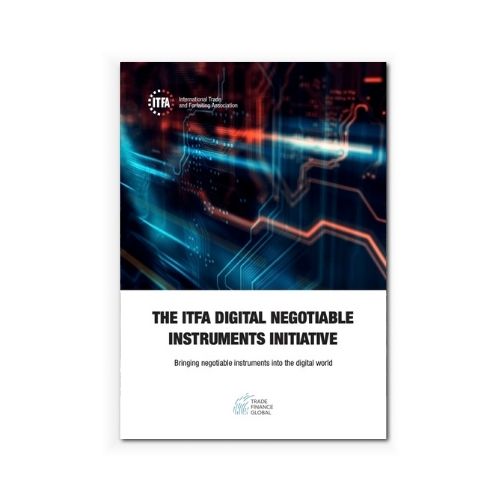Trade Finance Law: An Introduction
Since the global economy has evolved towards an increasingly globalised world, trade finance has central a core role in this process. Indeed, trade finance, as a form to manage and secure the payment of goods, has facilitated international trade transactions to make them an everyday occurrence. To build valuable financial structures, the law underpinning trade and commodity finance is of utmost importance, especially in determining the outcome in relation to any default.
What is trade finance law?
Trade finance law refers to the legal framework that governs financial transactions related to international trade. It encompasses a set of regulations, rules, and agreements that guide the financial aspects of cross-border trade, ensuring smooth and secure transactions between parties involved in buying and selling goods and services across borders.
Key elements of trade finance law include:
- Trade finance law oversees international trade transactions: this provides a legal structure for key financial elements, including letters of credit, Incoterms, bills of lading, etc
- Regulatory compliance: the law ensures adherence to international trade regulations and sanctions, covering customs, export controls, and financial regulations
- Dispute resolution: in cases of disagreements, trade finance law offers mechanisms for resolution, often through arbitration or alternative methods
- Documentation and compliance: stringent standards for proper documentation are set to enhance transparency and minimise disputes in trade finance transactions
- Risk management: legal aspects of risk mitigation strategies, such as the use of financial instruments, are addressed to manage currency, interest rate, and other financial exposures
Frequently asked questions
What are the different legal structures within trade finance?
There are a variety of legal structures that are provided for the financing of trade transactions, in areas such as asset-based lending and structured finance, of which law firms specialised in trade finance usually deal with.
Regarding these financing structures, a broad spectrum of specialised legal products are available to set up a financial arrangement, including:
- Borrowing base facilities
- Export credit agency financing
- Pre-export financing and prepayment facilities
- Receivables and supply chain finance
- Reserve base lending
- Revolving trade facilities
- Senior secured facilities
- Syndicated facilities
- Warehouse loan facilities
These legal structures are used to finance goods where cashflow or balance sheet would be insufficient, allowing companies to meet their various financial needs.
What is the role of law firms within trade finance?
In structuring effective financial arrangements, law firms specialised in trade finance represent the primary experts and representative for businesses. Given the intricate nature of transactions and the increasing competitiveness of the international trade market, companies strive to establish financial arrangements which best secure their assets.
With their precise knowledge and breadth of experience, trade finance law firms offer tailored advice and assist companies in providing the most beneficial solutions for the financing of their trade transactions and support their business clients in resolving disputes.
Who are the leading trade finance law firms?
The Top 25 Trade Finance Law Firms
- Allen & Overy LLP
- Baker McKenzie
- Cadwalader, Wickersham & Taft LLP
- Clifford Chance LLP
- Clyde & Co LLP
- Dechert LLP
- Dentons
- Eversheds Sutherland (International) LLP
- Herbert Smith Freehills
- Hogan Lovells International LLP
- HFW
- Jones Day
- Linklaters LLP
- MACFARLANES LLP
- Norton Rose Fulbright
- Orrick, Herrington & Sutcliffe
- Paul Hastings LLP
- Reed Smith
- Reed Smith LLP
- Simmons & Simmons
- Sidley Austin LLP
- Stephenson Harwood
- Sullivan UK LLP
- Travers Smith LLP
- White & Case LLP
What type of security best suits the trade transaction?
When entering into a financial relationship, a key issue lies in choosing the financial instrument that best suits the transaction. Since trade finance involves an array of financial instruments, the step of choosing a suitable one is of paramount importance, as it will be impact the success of the transaction. Given the characteristics, advantages and disadvantages of each financial instrument, legal counsel plays a pivotal role in giving accurate advice regarding which legal financial structure to adopt.
Which jurisdiction will be in charge of resolving disputes arising from the agreement?
Another key legal issue in trade finance relates to the law that will apply to financial agreements. As most financial transactions are international, parties involved must determine which law will govern their agreement. This choice is generally expressed through a choice of law clause and a jurisdiction clause to govern where legal disputes arising from the contract will be resolved.
Featured Insights
 Video | ITFA Christmas Party: Unwrapping the EU Late Payments Regulation – Businesses and public authorities across the EU may be facing tougher laws on late payments, with the European Commission proposing a new regulation enforcing maximum 30-day terms.
Video | ITFA Christmas Party: Unwrapping the EU Late Payments Regulation – Businesses and public authorities across the EU may be facing tougher laws on late payments, with the European Commission proposing a new regulation enforcing maximum 30-day terms.  Video | Educating regulators: The IFC factoring guide – The UNIDROIT’s Factoring Model Law, the FCI Legal Study, and the IFC Knowledge Guide on Factoring Regulation and Supervision, reflects a collective endeavour meticulously designed to operate in harmony.
Video | Educating regulators: The IFC factoring guide – The UNIDROIT’s Factoring Model Law, the FCI Legal Study, and the IFC Knowledge Guide on Factoring Regulation and Supervision, reflects a collective endeavour meticulously designed to operate in harmony. Kuvera Resources v J.P. Morgan Chase: Certainty of payment vs risks of breaching sanctions under Letters of Credit – The overreaching arc of sanctions regulations is threatening the certainty of payments guaranteed by the smooth functioning of letters of credit (LC) in international trade. This tension recently played out in the Singapore courts in a judgment handed down recently (Kuvera Resources Pte Ltd v JPMorgan Chase Bank, N.A. [2023] SGCA 28).
Kuvera Resources v J.P. Morgan Chase: Certainty of payment vs risks of breaching sanctions under Letters of Credit – The overreaching arc of sanctions regulations is threatening the certainty of payments guaranteed by the smooth functioning of letters of credit (LC) in international trade. This tension recently played out in the Singapore courts in a judgment handed down recently (Kuvera Resources Pte Ltd v JPMorgan Chase Bank, N.A. [2023] SGCA 28). Videos – International Trade Law
International Trade Law Podcasts
Strategic Partners





International Trade Law
1 | Introduction to International Trade Law
2 | Legal Trade Finance
3 | Standard Legal Charges
4 | Borrowing Base Facilities
5 | Governing law in trade finance transactions
6 | SPV Financing
7 | Guarantees and Indemnities
8 | Taking security over assets
9 | Receivables finance and the assignment of receivables
10 | Force Majeure
11 | Arbitration
12 | Master Participation Agreements
13 | Digital Negotiable Instruments
14 | Generative AI in Trade Law
Latest News
MAS’s new digital tool COSMIC aims to curtail financial crimes
0 Comments
Deutsche Bank closes US$3.5bn issuance of TRAFIN 2023-1, fifth iteration of synthetic securitisation
0 Comments
Video | ITFA Christmas Party: Unwrapping the EU Late Payments Regulation
0 Comments
Video | Educating regulators: The IFC factoring guide
0 Comments
Kuvera Resources v J.P. Morgan Chase: Certainty of payment vs risks of breaching sanctions under Letters of Credit
0 Comments
TFG to host comprehensive Tradecast on UK’s Electronic Trade Documents Act (ETDA)
0 Comments
Almond ailments: New York courts find jurisdiction a hard shell to crack
0 Comments
Thumbs up for trade: the influence of an emoji
0 Comments
Credit insurance, export credit and funds: The 5 pillars to help the African trade gap (Part 2)
0 Comments
Going up in smoke: Trade sanctions from Cuban cigars to Russian oil
0 Comments
 Australia
Australia Hong Kong
Hong Kong Japan
Japan Singapore
Singapore United Arab Emirates
United Arab Emirates United States
United States France
France Germany
Germany Ireland
Ireland Netherlands
Netherlands United Kingdom
United Kingdom












